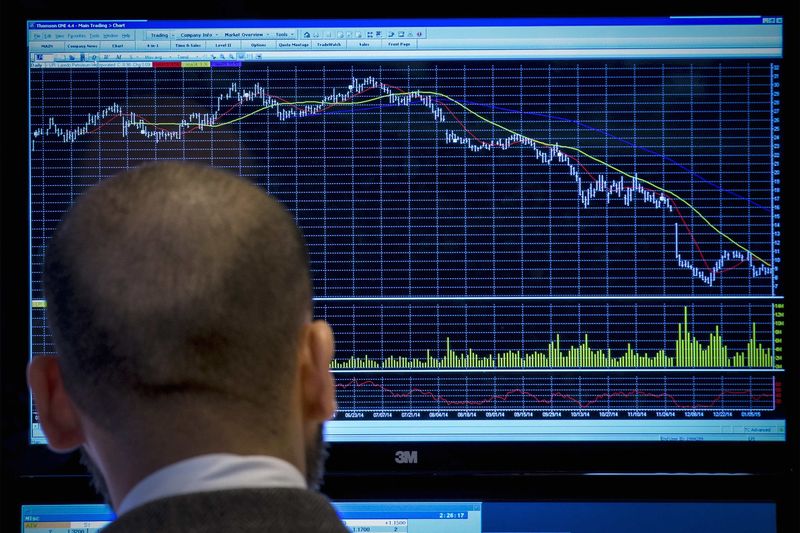By Nupur Anand
NEW YORK (Reuters) – U.S. regulators warned bankers on Wednesday that the government will continue to beef up efforts to fight money laundering and enforce know-your-customer rules.
One week after Donald Trump’s presidential election victory, banking industry experts gathered in New York and were focused on his leadership picks and plans for deregulation. But financial crimes would stay in focus as a bipartisan issue, attendees said.
Blocking criminals from using banks for financial crimes “has been a priority area and you are going to see enforcement actions” that highlight compliance with the Bank Secrecy Act, said Whitney Case, associate director of the enforcement and compliance division at the Treasury Department’s Financial Crimes Enforcement Network.
“In the BSA/AML universe, we have a broad remit so we are going to continue to see a variety of actions against a variety of financial institutions,” she added.
Officials have heightened scrutiny of banks’ operations and risk management practices, while also taking more disciplinary action against lenders for their programs to detect and prevent money laundering, regulatory and bank sources said.
Weaknesses are emerging in these areas and require attention, Greg Coleman, senior deputy comptroller for large banks at the Office of the Comptroller of the Currency.
That focus is expected to continue after Canadian lender TD Bank was hit with a record $3 billion fine last month for violating a U.S. law aimed at preventing money laundering.
“In the TD Bank case, there were significant gaps in the monitoring that leaves all of us, supervisory and enforcement colleagues, in a situation where we have to take action,” Case said.
TD, Canada’s second biggest bank, pleaded guilty to conspiring to launder money and received a rare asset cap from U.S. regulators for its failures.
Beyond TD, regulators are also scrutinizing other lenders’ efforts to combat money laundering.
The Office of the Comptroller of the Currency in September said it was putting restrictions on Wells Fargo (NYSE:WFC)’s ability to expand into risky businesses after it found the bank had insufficient safeguards against money laundering and other illegal transactions.
Separately, Bank of America, the second-largest U.S. lender, said last month that it could face regulatory actions over its programs to identify money laundering and sanctions evasions.

